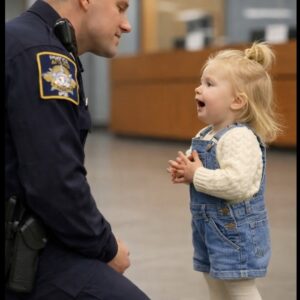What lingers long after the laughter fades is the way these moments quietly expose the gap between what adults say and what we actually mean. Our warnings, rules, and euphemisms are meant to guide, but children treat them like literal blueprints, building their own wild interpretations from every tossed-off phrase. In that instant when a child repeats our words back to us—twisted into something hilariously sincere—we’re forced to hear ourselves clearly for the first time.
Over time, these tiny, chaotic exchanges turn into family lore and staff-room classics, the kind of stories that surface when someone says, “You won’t believe what my student said today.” They remind us that children aren’t misbehaving so much as bravely decoding a confusing world in real time. Their blunt questions and offbeat logic invite us to slow down, simplify, and maybe admit that we, too, don’t always understand the rules we’re trying to enforce.





